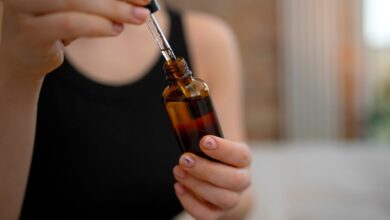How To Start Using CBD Products
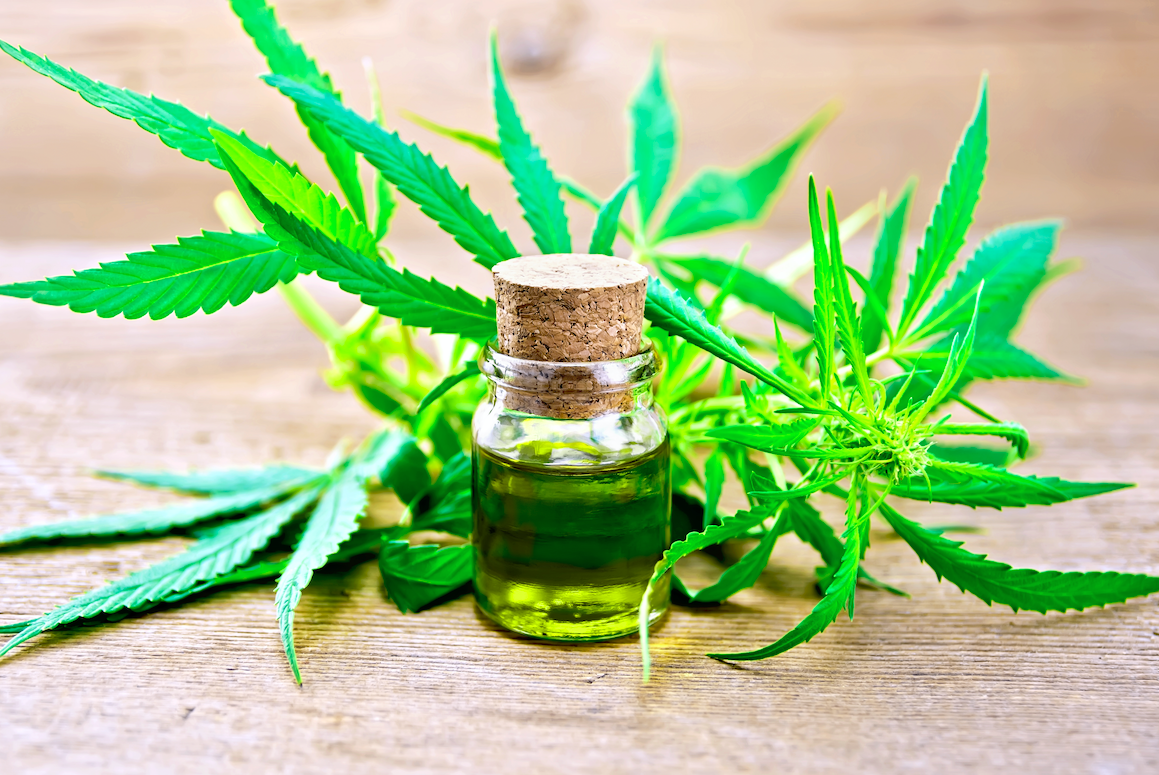
Because people need to protect their health in this global pandemic, using alternative treatments has become more popular these days, including cannabidiol (CBD) products. This dietary supplement is believed to help support immunity with its anti-inflammatory and antioxidant properties.
CBD products come in different forms, including CBD oil, tinctures, topicals, pills, and edibles. But how should you start using its products? In this article, learn the answers to the most common questions about it.
Start With A Health Assessment
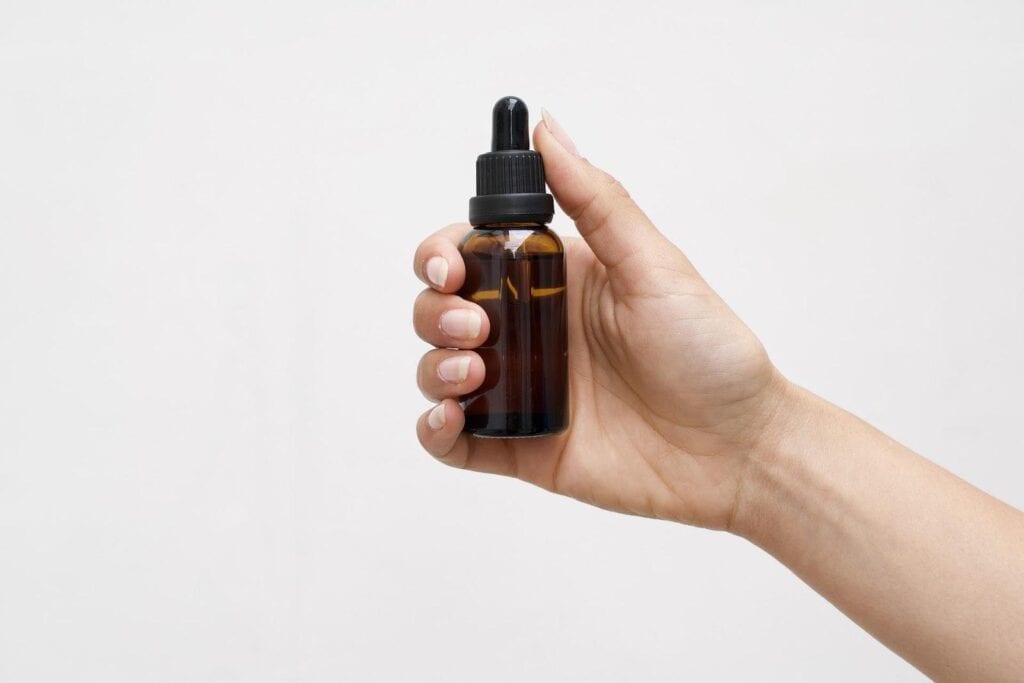
Cannabidiol (CBD) is thought to provide therapeutic effects primarily based on anecdotal evidence. While more clinical trials are in the works, Hollywood celebrities and even average people like Charlotte Figi, who’s known to have taken cannabidiol oil to control her seizures, have told their stories about how it may have helped improve their health. Find more info here about how it works and check out some options.
Knowing your health status first establishes the groundwork for the best treatment available to you, including taking the correct dosages of your supplements and as prescribed by your physician. Like any other health supplement or medication, before taking any CBD products, it’s crucial to assess your health first.
Generally, CBD products are safe to use. However, it’s still best to talk to your physician about any possible interactions with your other medications or bodily effects based on your current health status. Take note, CBD can interact with blood thinners and other medications.
Generally, a health assessment before taking CBD products should include the following:
- Assess for signs and symptoms: What are the signs and symptoms you’re experiencing? Do you have chronic back pain or headaches unrelieved by pain medications?
- Treatments received: Have you tried relieving your symptoms with traditional medications such as pain relievers? Are you in ongoing medical treatment?
- Medical assessment: Have you undergone any laboratory tests or scans to rule out preexisting health problems? Have you talked to your primary medical provider?
Choose The Type That Best Fits You
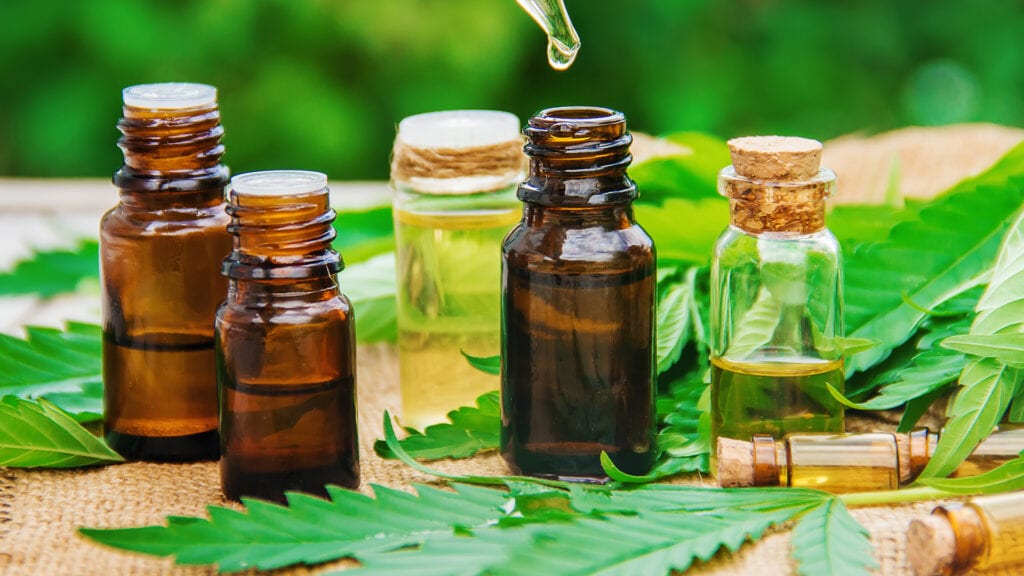
As mentioned, it comes in many forms, and choosing either form may have their own benefits. CBD oil, in particular, is extracted using various methods, depending on the manufacturer’s preference and the technology used. So far, the safest form of oil extraction method is carbon dioxide extraction because this compound is found naturally in the human body and doesn’t involve alcohol or any other harmful compounds like butane. Checking first with your medical provider or physician will help you decide on which form of CBD best suits you.
There are different types of it available today, including the following:
- Isolates: Isolates are better for individuals needing powerful doses.
- Broad-spectrum: This contains the naturally occurring CBD and terpenes compounds but no tetrahydrocannabinol, or THC, a psychoactive compound commonly found in cannabis plants.
- Full-spectrum: This form of CBD still contains terpenes and cannabinoids but with trace amounts of THC and is thought to have greater potential for a broader range of health benefits.
Determine The Best Mode Of Administration
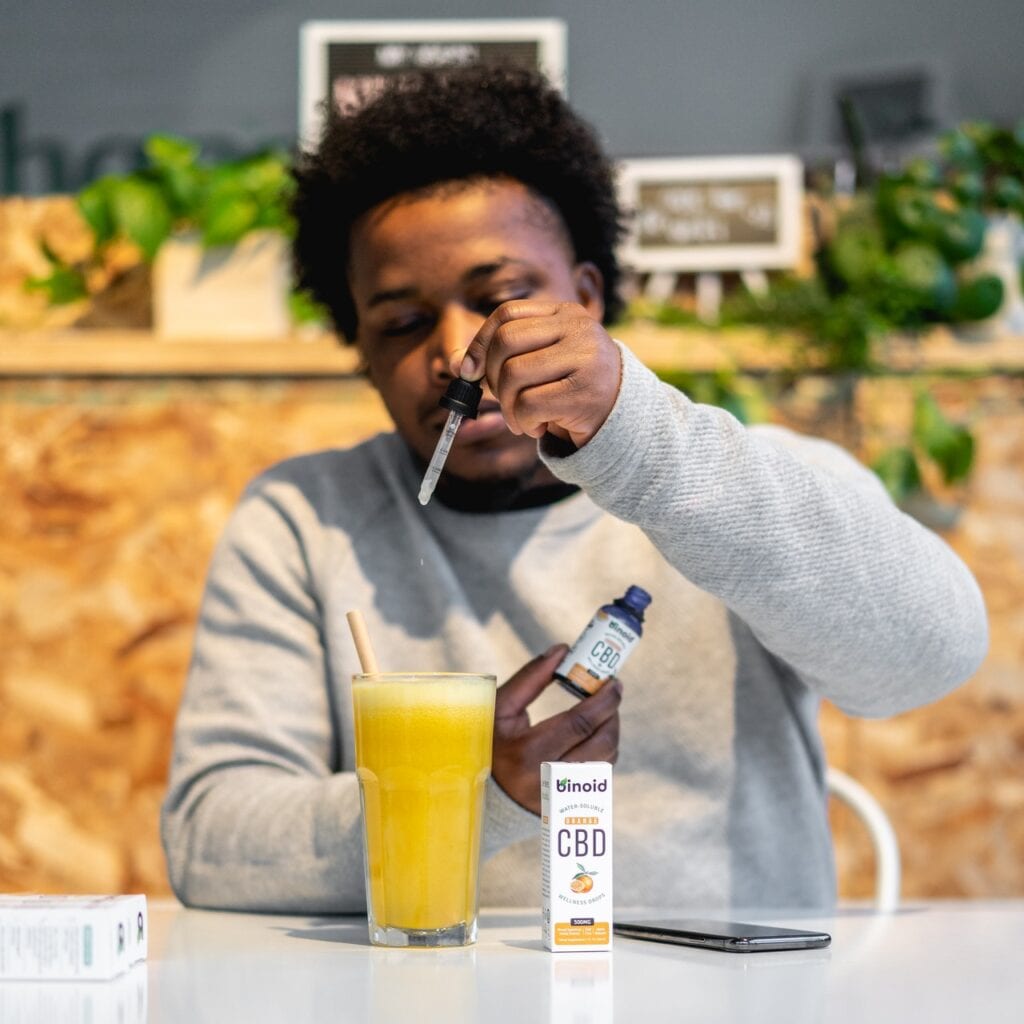
The way you consume it may determine the onset and duration of the effects it may give you. The endocannabinoid system plays an important role in making your body absorb CBD, and understanding this may help you choose the mode of ingesting CBD and managing its effects.
Aside from this, here are the different modes by which CBD can be administered:
- Inhalation: Vapor technology enables users to inhale CBD in vapor form. While some people still prefer smoking dried leaves, vaping is a cleaner form of inhaling CBD. The onset of its effects is immediate, which occurs within a couple of seconds to a few minutes.
- Sublingual: It can be taken under the tongue, particularly CBD tinctures. Because the oral mucosa has small capillaries, cannabidiol can be absorbed easily, providing a quick onset of effects within just a few minutes.
- Ingestion: CBD pills, oils, and edibles pass through the digestive system when taken, until CBD is metabolized by the liver and distributed throughout the body. Because metabolism differs from one person to another, cannabidiol is absorbed longer and so are the onset of its effects. This usually takes up to 30 minutes, with its duration lasting a couple of hours, depending on the individual’s metabolic rate.
- Topical: Skin application of CBD includes creams, lotions, salves, or balms. Only a thin application is required, and massaging the area is highly advised for quicker absorption. Typically, skin application takes about 10 to 20 minutes to experience the desired effects.
Consider Microdosing
Starting with small doses of CBD, or microdosing, is one way to start using CBD products. This method can help you determine the right dosage your body can tolerate before you start increasing your doses and experiencing the desired effects.
CBD tolerance play a vital role in knowing how much CBD your body needs or can take. People who are sensitive to the effects of CBD should only take a small dose of it. On the other hand, people who a have higher CBD tolerance may consume a higher CBD dose to gain the supposed beneficial effects of cannabidiol.
Here’s what you need to check and know about microdosing:
- Minimum starting dosage: Unless your physician suggests a specific dose, a healthy adult can take 10 to 20 mg of CBD a day for a week. Starting with a minimum dose helps ensure that your body can tolerate any unwanted effects, such as dryness of mouth and eyes, and that no allergic reaction occurs.
- Increase CBD dosage: If the minimum dosage doesn’t provide you with your desired effect, you can increase the CBD dosage in increments, around 5 mg a week. According to a World Health Organization report, acceptable CBD dosages range between 100 and 800 mg per day in clinical research studies.
Expect Possible Side Effects
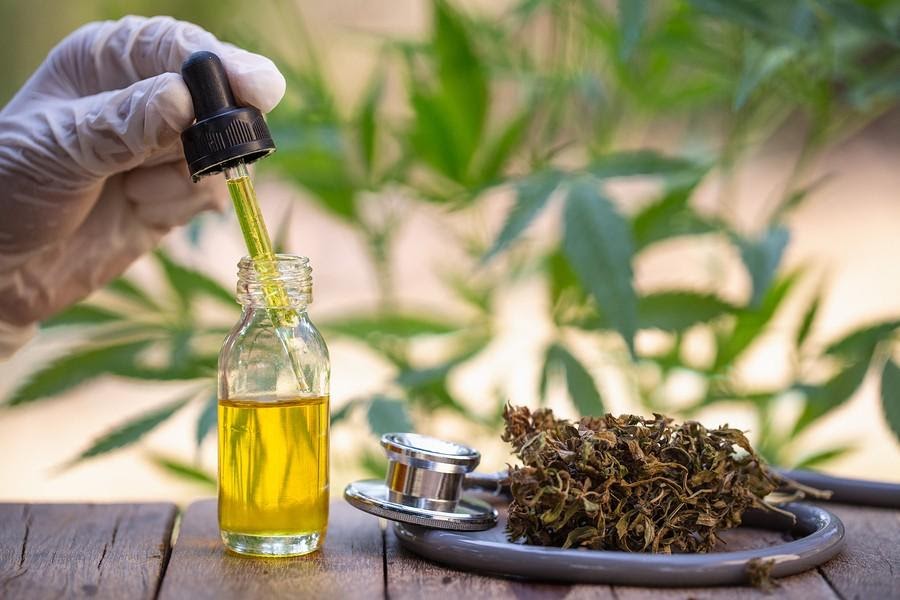
As with regular medication, always expect possible side effects when taking CBD. While CBD products cause side effects like dry mouth, drowsiness, reduced appetite, diarrhea, and fatigue, most people can tolerate them. Moreover, CBD may not cause as much addictive or life-threatening side effects as opioids could. Hence, many people choose CBD products to manage pain and other signs and symptoms over opioid addiction and other deadly adverse effects.
Takeaways
Start using CBD products by assessing your health first, and then choose the right form of CBD, preparation, and mode of administration. Microdosing is highly recommended to observe how your body reacts to the possible side effects of CBD and its tolerance to the substance until you reach your desired effects.
Like taking medications or any other supplements, seek professional medical advice first before taking alternative treatments like CBD. Overall, products are said to be generally safe to consume and may provide a wide range of potential health and wellness benefits.


